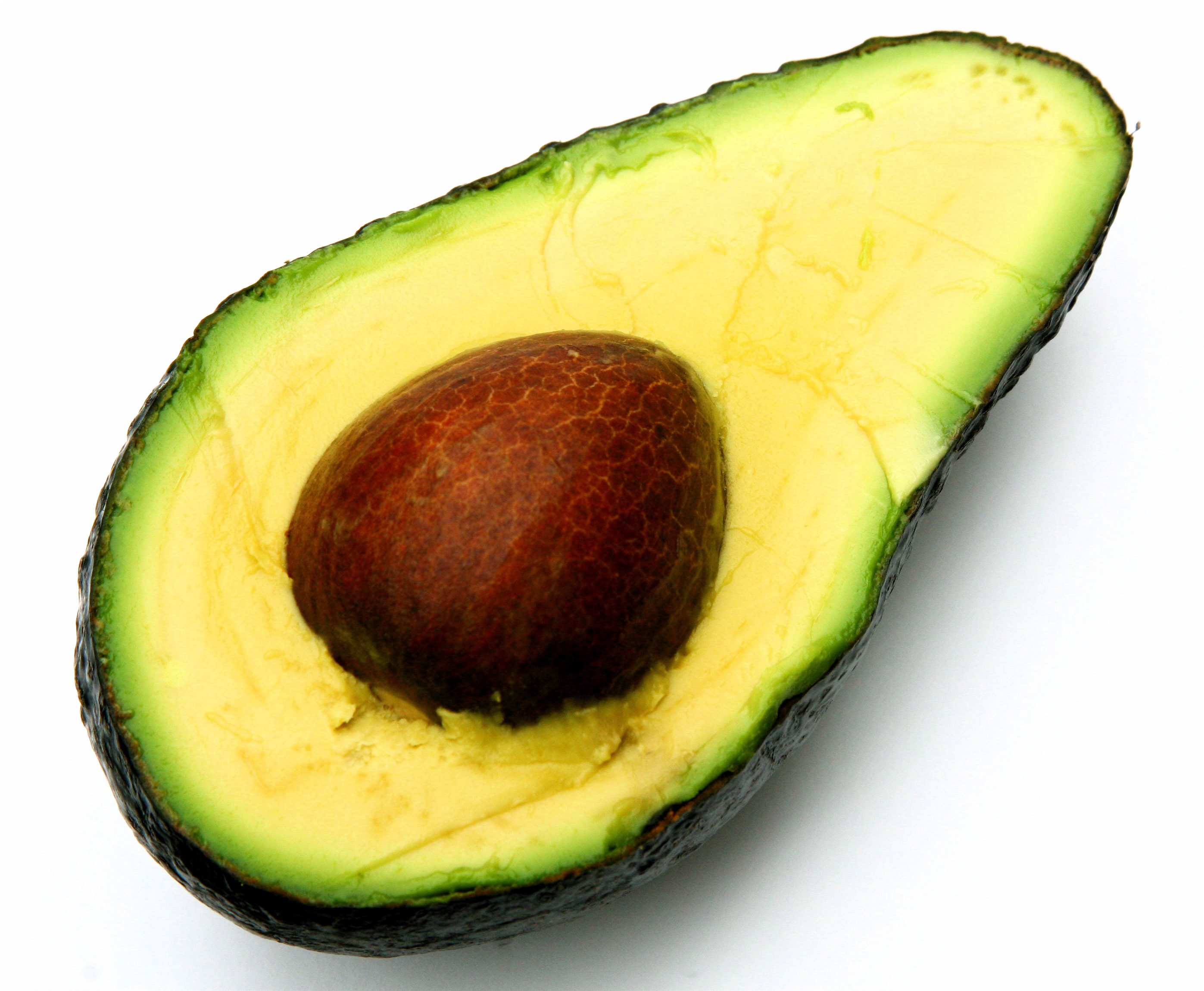
by Dr. Michael Murray | Oct 23, 2016 | Cancer
Introduction: While many people are somewhat afraid of eating avocados because of their high fat content, research shows many health benefits are attributed to this wonderful fruit. In fact, in an exciting new study conducted at the University of Waterloo in Canada, a...

by Dr. Michael Murray | Oct 4, 2016 | Cancer
Introduction: The sad fact is that when it comes to dietary supplements not only are people wasting money, in many cases they are simply not taking advantage of easy, inexpensive steps they could take to improve their health and maybe even saves their lives. A new...

by Dr. Michael Murray | Apr 10, 2016 | Cancer, Most Recent, Natural Facts
Introduction: Conventional wisdom is that we need to avoid sun exposure in order to avoid skin cancer. However, one of the issues with conventional wisdom is that it is born out of convenience and not critical thinking. With all of the new data emerging on the...

by Dr. Michael Murray | Jan 26, 2016 | Cancer
Introduction: What if some of the large clinical studies assessing the benefits (or risks) of selenium supplementation in cancer prevention have used the wrong form? That looks to be the case as a new study from the University of Miami sheds light on the different...

by Dr. Michael Murray | Sep 1, 2015 | Cancer
Introduction: A newly published large study indicates the best treatment option for a common form of breast cancer may be no medical treatment. The study examined the results of treatment from over 100,000 women with ductal carcinoma in situ (DCIS), a type of breast...
by Dr. Michael Murray | Oct 2, 2013 | Awareness month, Cancer
Breast cancer has reached near epidemic status among American women as it is currently estimated that one out of eight women in the United States will develop breast cancer in her lifetime. Currently, breast cancer causes over 40,000 deaths in the United States each...








